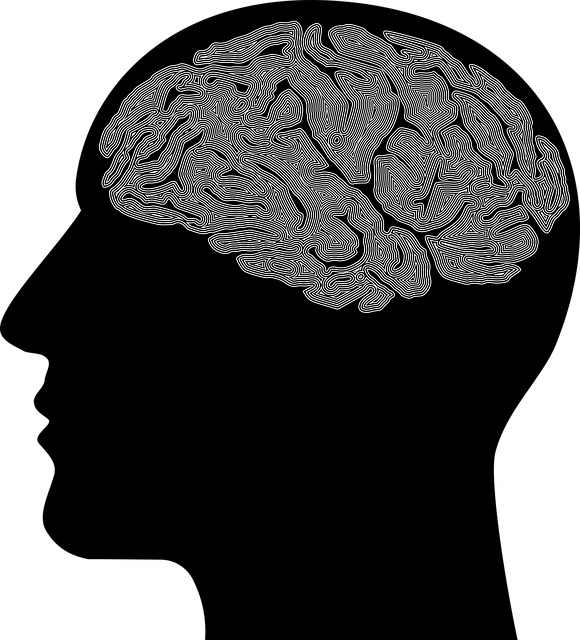Stress management workshops focused on Parker Functional Neurological Disorder (PFND) Therapy offer evidence-based solutions for individuals dealing with PFND or similar conditions. These workshops, using interactive exercises like mindfulness and relaxation techniques, empower participants to manage triggers, build resilience, and improve self-esteem. By addressing underlying neural patterns, facilitators provide tailored self-care practices, enhancing overall well-being and fostering a safe space for emotional exploration. For healthcare providers, integrating PFND Therapy enhances cultural competency, enabling trauma-supportive care for anxiety relief.
Stress management workshops are essential tools for promoting mental well-being in today’s fast-paced world. This article explores effective strategies for organizing such workshops, focusing on understanding the profound impact of stress on mental health. We delve into designing engaging sessions and discuss integrating innovative techniques like Parker Functional Neurological Disorder (PFND) Therapy to offer participants practical tools for navigating life’s challenges. By combining theoretical knowledge with hands-on practices, these workshops foster resilience and empower individuals to manage stress effectively.
- Understanding Stress and Its Impact on Mental Health
- Designing Effective Workshops for Stress Management
- Incorporating Parker Functional Neurological Disorder Therapy Techniques in Workshop Practice
Understanding Stress and Its Impact on Mental Health

Stress is a ubiquitous aspect of modern life, but its impact on mental health cannot be overstated. It’s not merely an emotional response; chronic stress can lead to significant physical and psychological consequences, affecting everything from memory and cognitive function to immune system response and cardiovascular health. For individuals living with conditions like Parker Functional Neurological Disorder (PFND), managing stress becomes a crucial component of maintaining overall well-being.
Workshops focused on stress management play a vital role in empowering individuals to understand their stress triggers and develop effective coping mechanisms. By integrating evidence-based techniques, such as communication strategies and emotional well-being promotion techniques, these workshops can help participants cultivate resilience and enhance self-esteem. This proactive approach not only supports mental health but also contributes to a higher quality of life for those navigating the challenges associated with PFND or similar conditions.
Designing Effective Workshops for Stress Management

Effective stress management workshops require a thoughtful design approach that goes beyond mere information sharing. Engaging participants in interactive and practical exercises is key to making these workshops impactful. Incorporate techniques like mindfulness meditation, breathing exercises, and progressive muscle relaxation to offer immediate relief from anxiety. Facilitators should also integrate emotional intelligence activities to help individuals recognize and manage their stress triggers effectively.
Using the Parker Functional Neurological Disorder Therapy framework as a guide, organizers can structure sessions that address underlying neural patterns contributing to stress. This holistic approach encourages participants to adopt self-care practices tailored to their unique needs. By combining theoretical knowledge with practical tools, workshops can empower individuals to navigate stressful situations with greater resilience and improved overall well-being.
Incorporating Parker Functional Neurological Disorder Therapy Techniques in Workshop Practice

Incorporating Parker Functional Neurological Disorder (PFND) Therapy techniques into workshop practices offers a transformative approach to stress management. This evidence-based method recognizes the profound impact of neurological disorders on an individual’s stress response and overall well-being. By utilizing PFND, workshops can provide participants with powerful tools to navigate and manage stress effectively. Facilitators are equipped to guide individuals through specific exercises that target the brain’s functional networks, fostering a deeper understanding of their emotional responses and promoting healthy coping mechanisms.
For healthcare providers, integrating PFND into their training regimen enhances cultural competency. It enables them to offer trauma-supportive care, which is particularly beneficial for those grappling with anxiety relief. The workshops create a safe space for exploration, allowing participants to develop resilience and adaptive strategies to confront stressful situations. This holistic approach ensures that individuals leave the workshop not only equipped with practical techniques but also empowered to manage stress on a neurological level.
Stress management workshops, incorporating techniques like Parker Functional Neurological Disorder Therapy, can significantly enhance mental health outcomes. By understanding stress and its impact, organizers can design effective sessions that empower individuals with tools to navigate life’s challenges. This holistic approach, combining education and practical skills, not only alleviates immediate stress but also fosters long-term resilience. Incorporating PFND therapy methods ensures a tailored experience, addressing the unique neurological aspects of stress response. Through organized workshops, communities can gain access to valuable resources, leading to improved well-being and a reduced strain on mental health services.














